News
Think Before You Drink: Here Are 10 Reasons To Ditch Bottled Water

Plastic bottles might seem like the easy choice, but what comes along for the ride isn’t quite so clean. Hidden beneath the label are chemicals like BPA and BPS, lasting consequences, and expenses that go well beyond the price tag. Let’s dig in and see why choosing better starts with cutting out the plastic.
Packaging Waste Goes Beyond The Bottle

Shrink wrap, plastic caps, labels, and multi-pack carriers add layers of unnecessary waste. Much of this packaging isn’t recyclable or gets missed in sorting. These smaller items often escape disposal systems entirely and enter waterways, contributing to pollution that goes unnoticed but accumulates quickly.
Most Bottles Aren’t Recycled

Over 80% of bottles are discarded into landfills or the environment instead of being recycled. Since they can take a thousand years to decompose, microplastics are released slowly over time. Despite the label “recyclable,” it doesn’t guarantee action. Just one discarded bottle may harm generations of ecosystems.
Marine Life Pays The Price
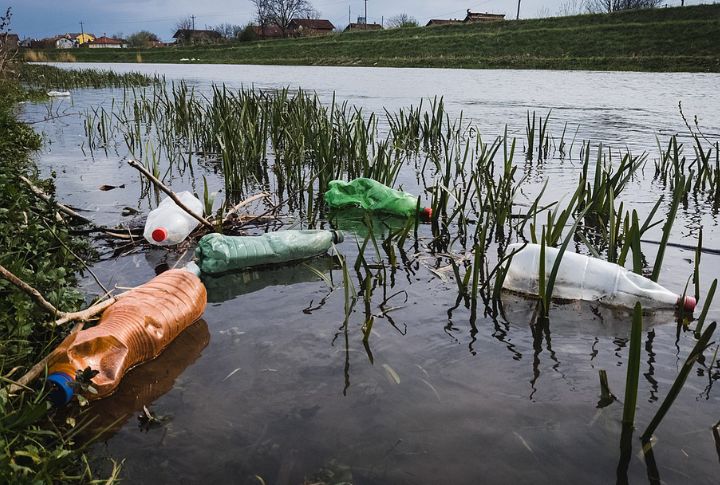
Over a million marine animals die each year due to plastic pollution, much of it from discarded bottles. Fish often mistake fragments for food. Even remote ocean zones and deep-sea trenches show signs of contamination. This proves that plastic is threatening ecosystems across the planet.
Bottled Water Costs Way More Than Tap
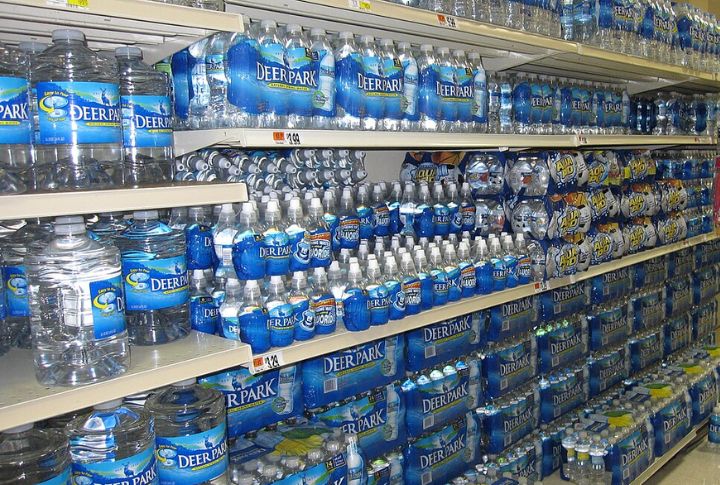
A single bottle may cost 2,000 times more than tap water, despite being the same source. Nearly half of all bottled water is repackaged municipal water. Brands charge premium prices for it. Some even draw from the same supplies that feed residential kitchen faucets.
Disrupts Hormonal Balance

BPA mimics estrogen, which interferes with the body’s natural hormones. Its presence has been tied to conditions like early puberty and obesity. Even fetuses may be affected when pregnant individuals consume contaminated water. Over time, BPA’s hormonal effects can quietly reshape biology in both animals and humans.
May Impair Brain Function

Plastic-derived toxins, such as BPA, affect behavior, mood, and memory by disrupting brain function. These compounds can cross protective barriers and alter the activity of neurotransmitters. Lab rats exposed to BPA exhibited signs of anxiety. Moreover, brain development in children appears especially vulnerable to damage during early growth stages.
Heat Accelerates Toxic Leaching

High temperatures, such as those in parked cars or delivery trucks, speed up chemical release from plastic bottles. Heat weakens the material, allowing toxins to leach faster, even through tiny, invisible cracks. As temperatures fluctuate, the concentration of harmful substances in the water can rise significantly.
Worsens Global Water Inequality
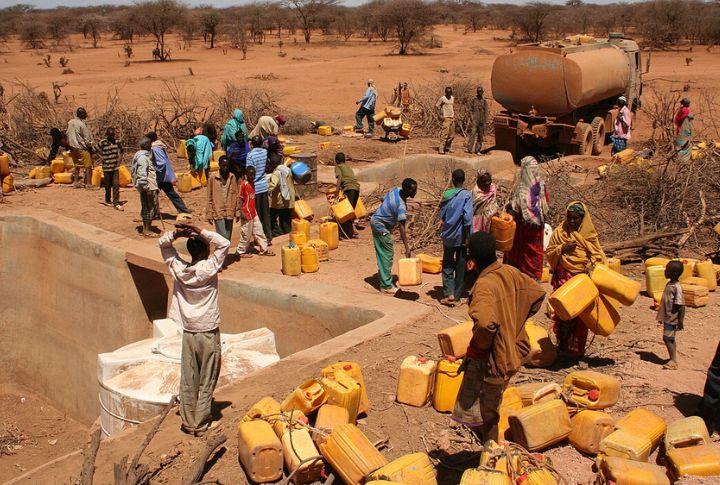
Corporations typically extract millions of gallons of water from drought-prone areas, exacerbating local water shortages. Communities near bottling plants may face reduced access and rely on imported supplies. Despite paying only a fraction of the cost per gallon, companies sell the product at massive markups, deepening regional water injustices.
Pollutes Soil And Air
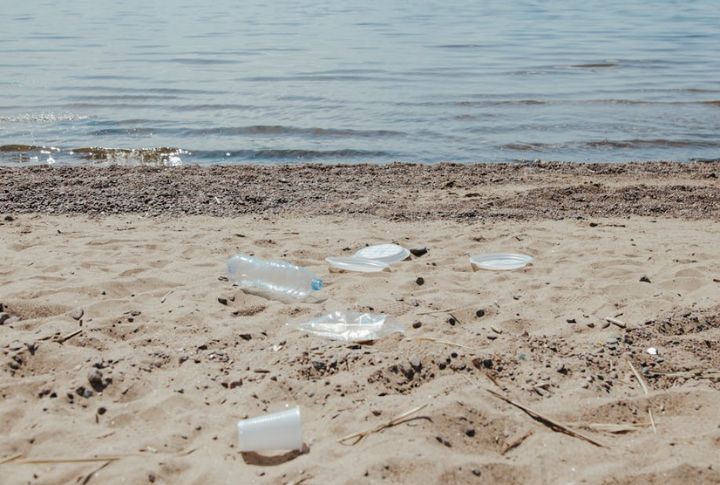
Improperly discarded bottles break down slowly in soil, which releases toxic substances along the way. When incinerated, they emit carcinogenic fumes, such as dioxins, into the atmosphere. These pollutants reduce crop fertility, infiltrate the air, and even show up in rain. Microplastics now appear in mountains and major cities alike.
Plastic Production Fuels Climate Change
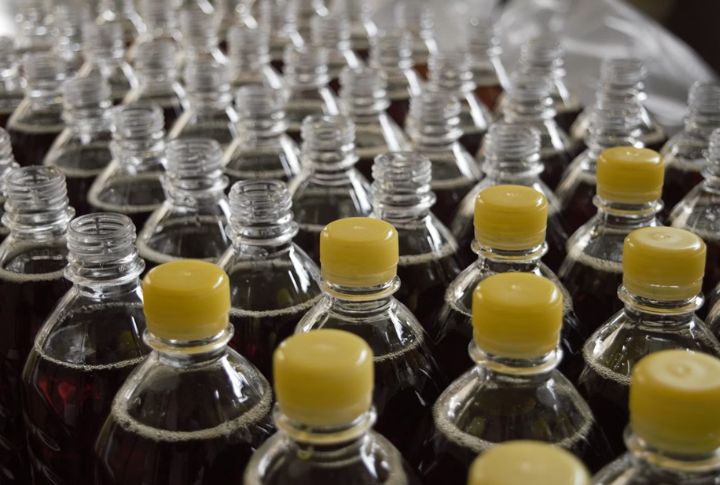
Manufacturing plastic bottles consumes large quantities of fossil fuels. From petroleum extraction to manufacturing and transportation, each step releases greenhouse gases. The entire process adds significantly to global emissions and worsens the climate crisis. Choosing reusable alternatives helps reduce this environmental impact.

